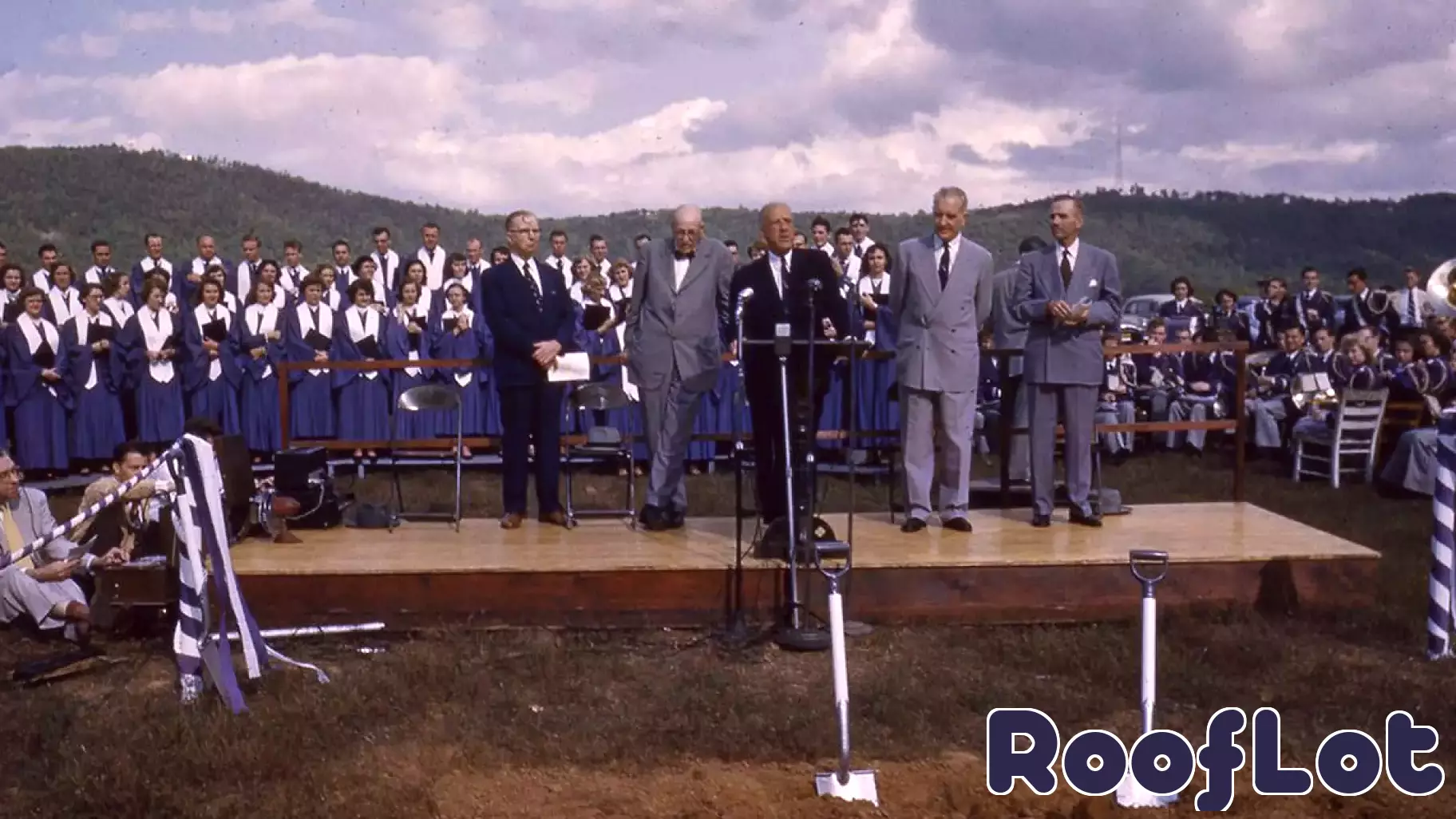March 25, 2025 - 04:14

Alester Furman Jr. was instrumental in drafting real estate covenants that systematically barred Black individuals from homeownership in Greenville. This practice was not isolated; it was part of a widespread trend across the United States from the 1920s to the 1940s. These covenants were legally binding agreements that enforced racial segregation in housing, reflecting the pervasive racism of the era.
The impact of such discriminatory practices has had lasting repercussions on communities, contributing to the wealth gap and social disparities that persist today. The examination of Furman’s project sheds light on the historical context of these real estate restrictions and encourages a deeper understanding of how past injustices continue to shape present realities.
As communities work towards equity and inclusion, acknowledging and addressing these historical injustices is crucial. The legacy of racially restrictive covenants serves as a reminder of the need for continued advocacy and reform in housing policies to ensure fair access for all individuals, regardless of race.


